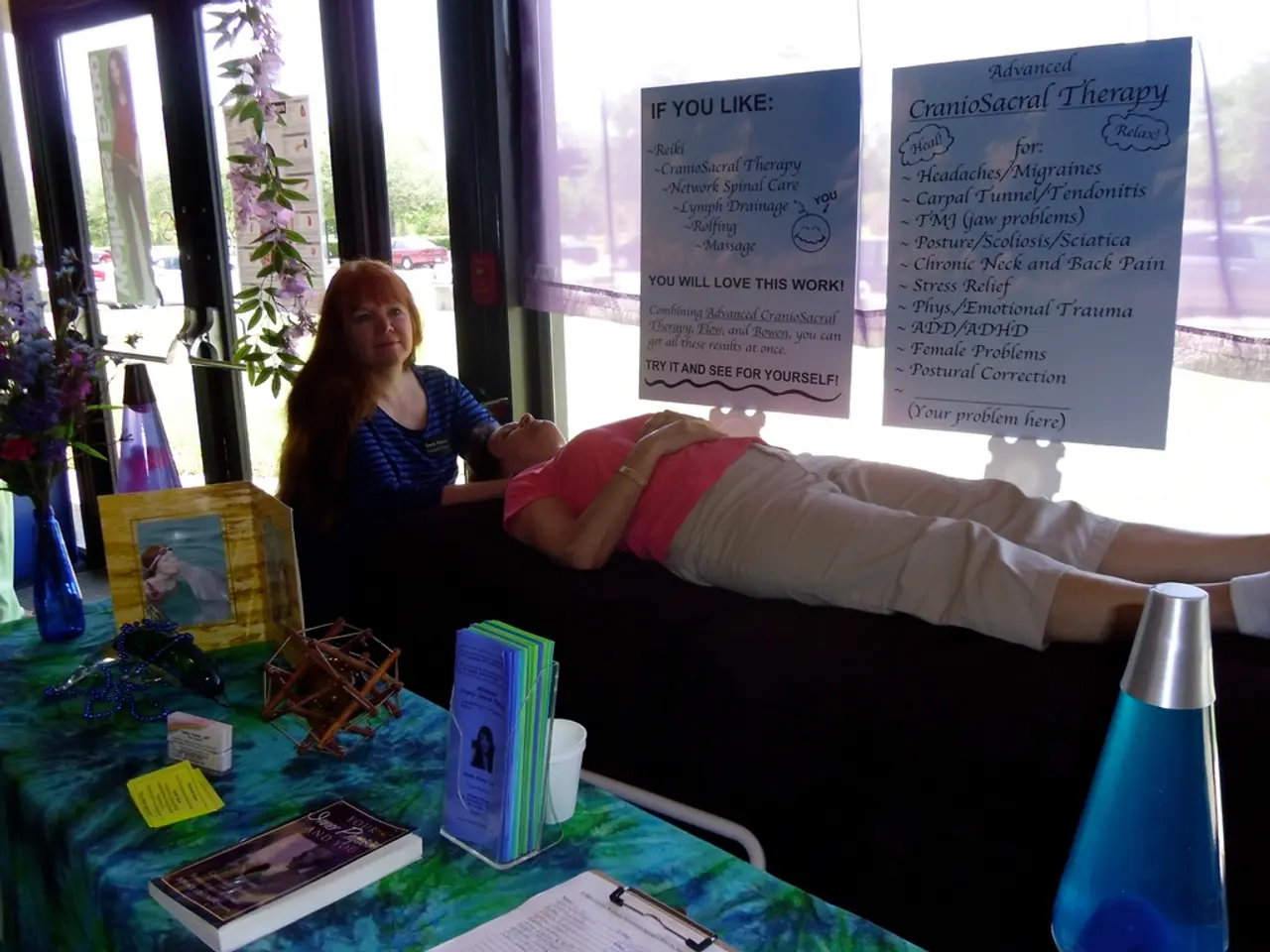Confessing candid flaws during a job interview: smart strategies to avoid backlash
Nail That Interview: Discussing Your Shortcomings the Right Way
Image Courtesy of Pixabay.com By Pauline Linard-Cazanave Published on
"What are your weaknesses?" How many times have you cringed at this question during an interview? Don't sweat it! It's not a trick question designed to trip you up. Instead, it's a chance for the recruiter to evaluate your maturity, self-awareness, and adaptability (TF1). So, rather than panicking or going for the cliché response, spend some time preparing a thoughtful answer that demonstrates your ability to transform a drawback into an advantage.
For decades, discussing one's shortcomings has been a regular part of the hiring process. The recruiter isn't trying to put you in a tough spot but wants to see how you operate and grow (France Travail). After all, your response reveals your capacity for self-analysis, introspection, and the ability to recognize and work on improving yourself.
Embracing Your Imperfections: Turning Weaknesses into Strengths
In general, it's a good idea to steer clear of traits that exude instability, like being overly aggressive, anxious, or impulsive. More manageable tendencies, like a tendency to seek perfection or needing to control every aspect of a project, are more widely accepted as long as you show that you are aware of them and can adapt (Welcome to the Jungle). In essence, the challenge is to transform a weakness into a potential strength.
For example, if a candidate admits to being a perfectionist, they can explain how they have learned to prioritize to ensure that quality isn't compromised while still meeting deadlines. This approach demonstrates adaptability, evolving skills, and the ability to make the most of experiences.
The Recipe for Success: Show, Don't Tell
When it comes to discussing your weaknesses, it's essential to choose a relevant, genuine shortcoming, one that isn't a core requirement for the job but still relates to the role. For instance, if the job doesn't require heavy public speaking, it would be appropriate to admit you are working on honing your communication skills (1, 3). It's crucial to be truthful in your explanation. Overstating or lying about your flaws will only hurt you in the long run.
Share a past difficulty that you have successfully overcome through effort and determined action. Let's say, for example, you were initially shy and struggled to establish connections with colleagues at the beginning of your career. Through training and practice—such as attending networking events or giving presentations—you learned to become more confident and open (1, 2). The key is to demonstrate your ability to adapt, grow, and use your experiences to your advantage.
Bonus Round: Set Yourself Apart from the Rest
In today's competitive job market, it's crucial to find ways to set yourself apart from other candidates. Discussing your shortcomings in a strategic and thoughtful manner is a great opportunity to showcase your self-awareness, adaptability, and growth mindset—qualities that employers value highly (3, 5).
Here’s a sample way of tactfully addressing your weaknesses:
Now go ahead and ace that interview by turning your weaknesses into opportunities for growth and demonstrating your professional potential!
Related Topics
- Interviews
- Careers
- Employment
- Personal Development
- "To demonstrate your personal growth and career development, highlight how you've turned a weakness, such as time management issues, into an opportunity for improvement by adopting a more structured approach to tasks and deadlines."
- "In the process of employment and self-development, education-and-self-development courses or workshops can help you overcome personal weaknesses like anxiety in public speaking, thereby enhancing your overall professional growth."







